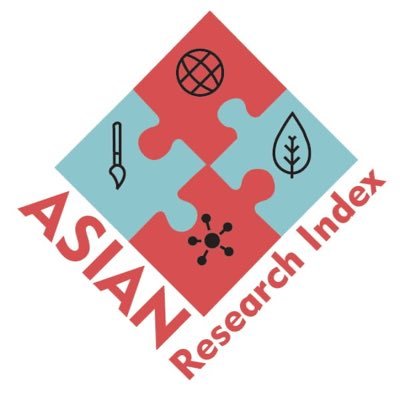A Critical Analysis of Priest Ahmad Shah’s Urdu Translation of the Holy Quran
Iftikhar Hussain, Saeed Ahmad Saeedi
Abstract
Almighty Allah (SSWT) sent many Prophets (Peace and blessings be upon them) with His divine guidance (revelation) to preach the people. The last Prophet Hazrat Muhammad (Peace and blessings of Almighty Allah be upon him) was given the holy Qura’n by Almighty Allah. It is a complete code of life which has all solutions and guidance for human problems. The holy Quran is the primary source of Islamic scripture to get guidance. The holy Quran deals every subject of human life that is why it has been translated and still being translated in various languages. Many translations and commentaries of the Quran have been published by the Muslims as well as Non-Muslim scholars. There are some certain parameters for the translation of the holy Quran already defined by Muslim scholars. The famous Priest of subcontinent Ahmad Shah also translated the Quran into Urdu language. In this paper his translation has been critically analyzed in the light of those parameters. The translations of Thanvi and Imam Ahmad Raza have been considered to make comparison of the said translation to have better analysis of his translation. Ahmad Shah has violated many rules of translation and could not fulfill the prerequisites for the translation. His translation is not acceptable for the Muslims because he has altered the meanings of some of the verses, fabricated the context of revelation of verses and so many other things which would have severe impact on the believes of the readers.



.png)




